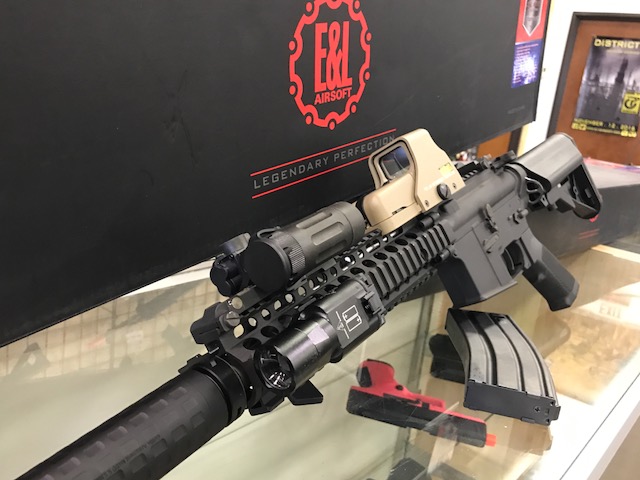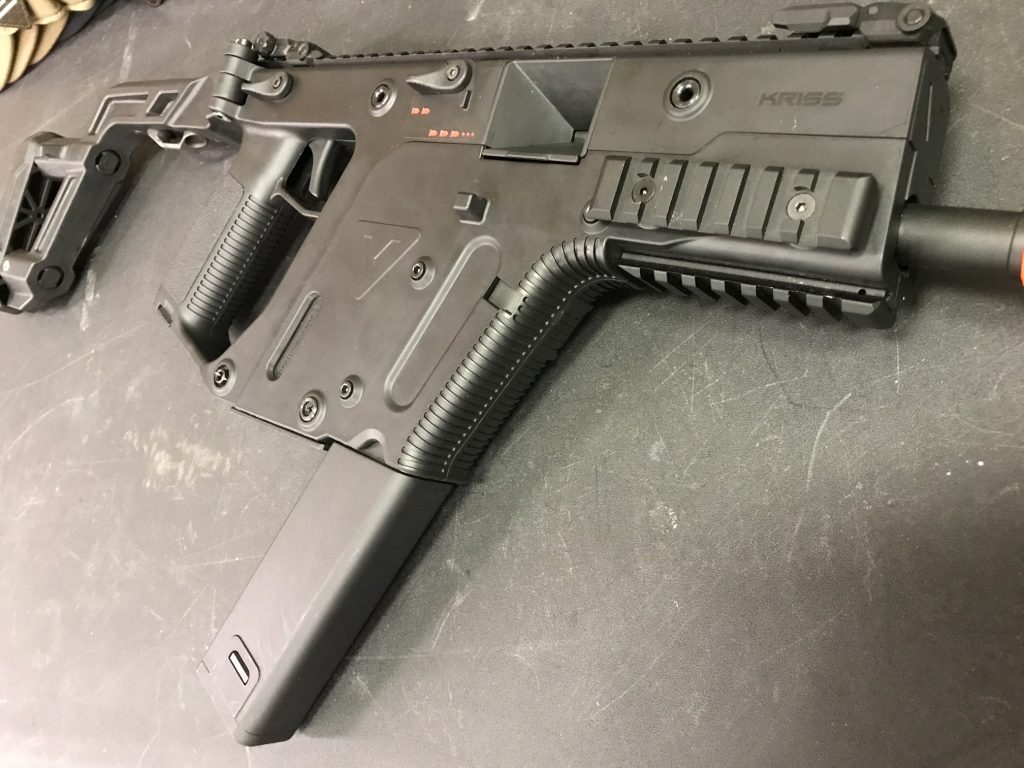August 15, 2017
Everyone who has played airsoft for more than a couple games has experienced cheaters. These Supermen of the Sphere run around the field seemingly invulnerable. Were it not for constant twitching, recoiling, and convulsions, as their bodies react to being pelted with plastic from every direction, you could mistake them for a Kryptonian. Everyone knows the frustration of firing at a cheater. You may be tempted to yell, “Call your hit!”, try to flag down a ref or even pull out a cheater mag or gun to let the sucker feel it next time. But what if they’re not actually cheating?
“My BBs were flying straight! Of course I hit him”
Far less common an experience, but not so far as to be unheard of, is being called a cheater simply because you’re good, and they’re not. Most BBs will have a fairly visible flight path for about 150-200 feet, depending on the shooters eyesight, background and the use of optics. In some situations, the BB may be visible reliably over a much shorter distance. I, for instance, have terrible eyesight, and will have trouble seeing my BBs at about 80-100 feet without a magnified optic.
The issue comes in to play as the part of the BB’s flight path most visible is also when the BB is carrying the most kinetic energy. As the BBs reaches the end of its path, it flies with far less energy. This makes it far more susceptible to outside effects. It is possible for a BB to fly straight for 200 feet, and veer off significantly in the last few feet causing the shot to miss.
Older, more experienced players tend to own and build guns that have increased range, and also understand the ranges they’ll be effective from. Likewise, younger, less experienced players tend to use guns which achieve less range. This is a consequence of both more affordable guns and less knowledge about how to tune a hop up unit. Also, novice players tend to engage everything they see. That guy who’s 200 yards away? Yep, the new guy is shooting at him, too. As far as he can see, the BBs are heading straight for him. He doesn’t see that BBs striking the ground 100 yards in front of his target.
The Bottom Line
You may be able to see a BB hit the target, but that tends not to be reliable. The best barometer is the flinch response. People naturally flinch away from pain, and it is largely an involuntary reflex. If the person didn’t flinch, he or she may not have been hit, or may not have felt it. It may be frustrating, but it also isn’t cheating. If the person flinches away, and then continues playing call a ref. Cheaters are a natural byproduct of a competitive sport. To stop the behavior, an authority may need to be involved. The player will learn or be removed from the field.






